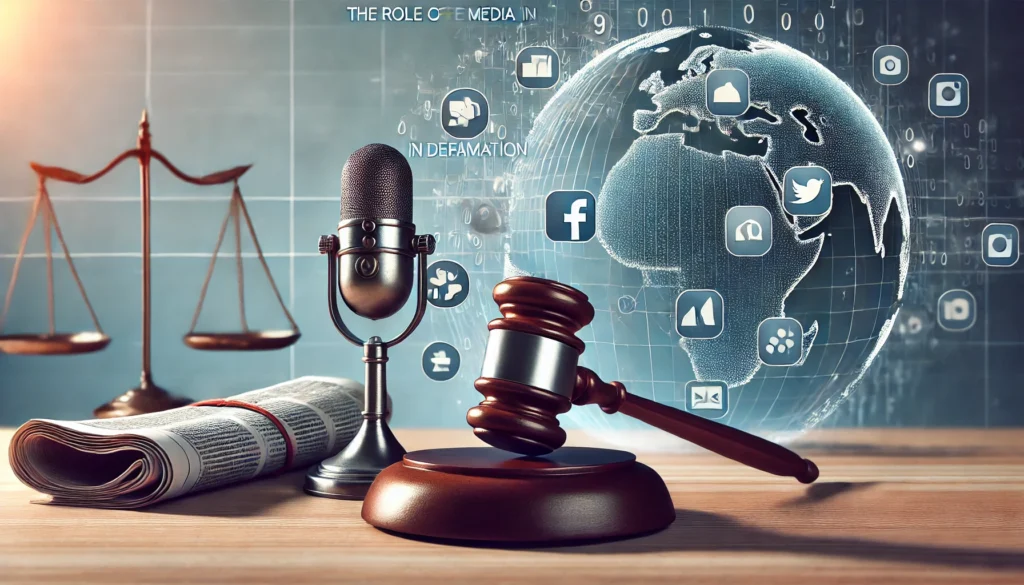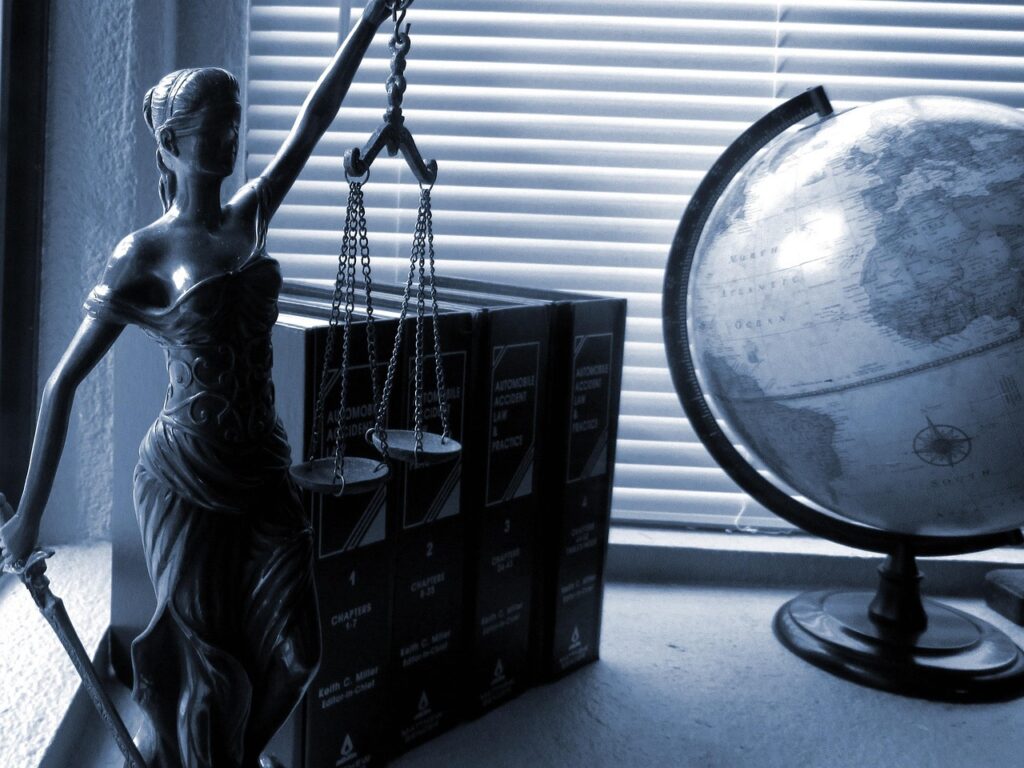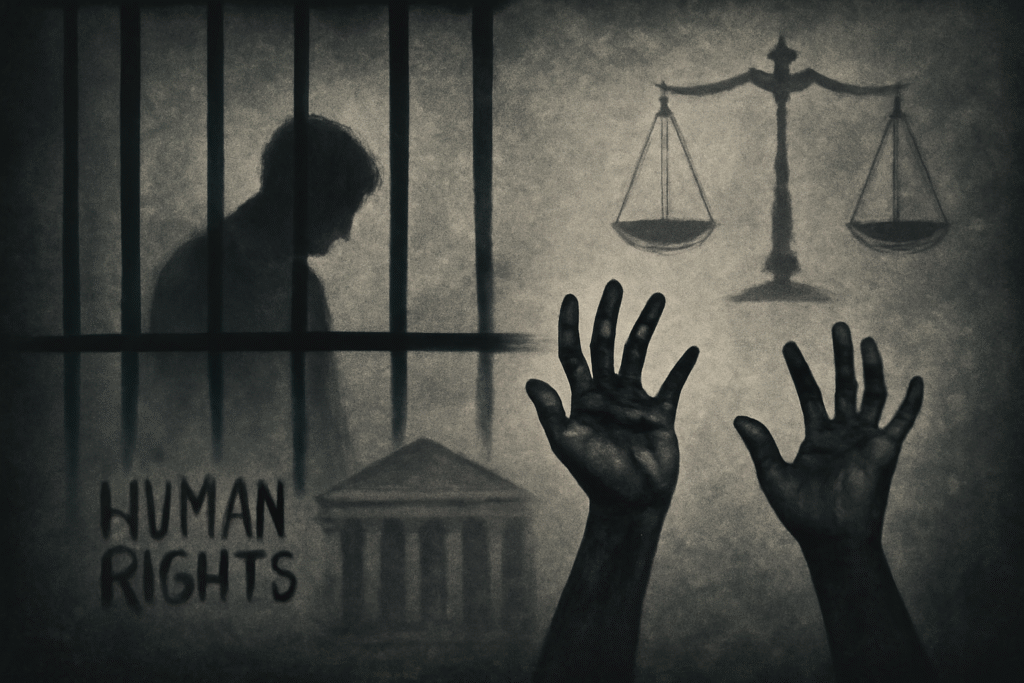Published On: 8th November 2025
Authored By: Shruti Kumari
National Law University Meghalaya
Court: Supreme Court of India
Bench: D.Y. Chandrachud (CJI), M.R. Shah, Krishna Murari, Hima Kohli, and P.S. Narasimha, JJ. (Five-judge Constitution Bench)
Date of Judgment: May 11, 2023
Relevant provisions/Statutes:
Article 239AA – Special provisions for the National Capital Territory of Delhi
Articles 73 & 162 – Executive powers of the Union and the States
Article 50 – Separation of powers
Constitutional Morality – Principle of democratic governance
Government of National Capital Territory of Delhi Act, 1991
Brief Facts
The conflict in Government of NCT of Delhi v. Union of India arose from an ongoing constitutional and political battle between the elected Government of Delhi and the Lieutenant Governor (LG), a representative of the Union Government. The conflict was about administrative jurisdiction over “services”—specifically appointments, transfers, and postings of bureaucrats in the civil services of Delhi. The constitutional watershed moment was whether the Union of India or the Delhi government elected in matters like this one, in which the National Capital Territory was implicated.
Delhi, while being a Union Territory, is unique in that it enjoys special constitutional status under Article 239AA of the Constitution, which was brought into force by the 69th Constitutional Amendment Act, 1991. Delhi is endowed with an elected Legislative Assembly with legislative authority to pass laws in State List and Concurrent List subjects—except for public order, police, and land. Despite this, tensions rose after the AAP government took office in 2015, accusing the LG of encroaching on its executive decisions and undermining the mandate of the elected government.
The row intensified after the Ministry of Home Affairs (MHA) announcement in May 2015, that “services” in Delhi—bureaucratic appointments and transfers—lazed only in the jurisdiction of the LG. The announcement also checked the power of the Delhi Government’s Anti-Corruption Branch, making it powerless against central government officials. These measures were viewed as efforts to strangle the Delhi elected government’s independence and caused widespread administrative uncertainty, policy paralysis, and legal wars.
The Delhi High Court in 2016 decided that the LG was the head of administration in Delhi and had no obligation to comply with the advice of the Council of Ministers. Challenging this decision, the Delhi Government approached the Supreme Court, and a Constitution Bench ruling in 2018 held that the LG shall act on the aid and advice of the Council of Ministers, subject to the exceptions mentioned in the matters excluded under Article 239AA. The Court did not, however, pronounce finally on the question of control over “services” and left it open for consideration.
Continuing uncertainty and governmental deadlock persisted, and in 2021, the matter was referred to a five-judge Constitution Bench by a three-judge Supreme Court. The key legal issue was whether “services” came under Delhi Government’s legislative and executive domain, having regard to the special status under Article 239AA and Entry 41 of the State List (public services).
The issue had important implications for federalism, democratic accountability, and constitutional morality because it questioned whether a centrally appointed official (LG) could override an elected government in a representative democracy. The matter eventually came to an end in May 2023, when the Constitution Bench delivered its final ruling, holding that the Delhi government had jurisdiction over services except public order, police, and land.
Issue Involved
- Whether the Government of NCT of Delhi has legislative and executive control over services?
- What is the scope and interpretation of Article 239AA regarding Delhi’s autonomy?
- To what extent can constitutional morality shape the interpretation of these powers?
Arguments
Petitioner (GNCTD):
The Delhi Government, acting on behalf of the elected Council of Ministers headed by the Chief Minister, presented a strong argument by invoking the textual interpretation of Article 239AA, the canons of representative democracy, and the doctrine of constitutional morality**. It maintained that Article 239AA, inserted by the 69th Constitutional Amendment Act, 1991, grants Delhi Legislative Assembly the legislative competence to make laws for all matters in the State List and the Concurrent List, apart from public order, police, and land, specifically accepted in clause (3)(a) of Article 239AA.
It was argued by the petitioner that State List Entry 41, State Public Services, was not among the excluded subjects. Therefore, the elected government must have both **legislative and executive control** over services, including transfer and posting of civil servants (especially officers of DANICS and Delhi Administrative Subordinate Services) working under the government of Delhi.
The petitioner further placed strong reliance upon the settled judicial precedent drawn from the earlier judgment of the Supreme Court in State (NCT of Delhi) v. Union of India, (2018) 8 SCC 501, wherein a Constitution Bench had held that the Lieutenant Governor is obligated by the Constitution to act on the aid and advice of the Council of Ministers in all matters within the legislative sphere of the Delhi Assembly. The 2018 judgment emphasized that the LG is not the executive head of Delhi, and that “constitutional morality” demands the people’s electoral mandate to be upheld.
The GNCTD argued that denying it control over services would render the elected government toothless since policymaking without administrative control of the implementing officers would lead to the breakdown of governance. It was argued that democratic accountability cannot be ensured unless elected representatives have control of the civil servants working under them.
Respondent: Union of India
Union of India, through the Solicitor General’s office, replied that Delhi, though having an elected assembly, remains a Union Territory under Part VIII of the Constitution. Therefore, its administration finally lies with the Union Government. The respondent argued that the phrase “insofar as any such matter is applicable to Union Territories” in Article 239AA(3)(a) limits the scope of Delhi’s legislative competence, as Union Territories do not possess inherent federal autonomy like States.
Moreover, the Union contended that since Delhi is the national capital, it has unique security and administrative significance, and the Centre must control the services so that there exists national governance. It contended that to vest the control of civil services in a local authority might have far-reaching consequences on administrative consistency and the nation’s interest.
Judgment
In a unanimous judgment, the five-judge Constitution Bench of the Supreme Court, presided over by Chief Justice D.Y. Chandrachud, ruled that the Government of the National Capital Territory of Delhi (GNCTD) has both legislative and executive powers in matters of services, such as transfers and appointments of bureaucrats, except for issues specifically excluded under Article 239AA—i.e., public order, police, and land. The Court explained that Entry 41 of the State List pertaining to “State Public Services” comes under the legislative jurisdiction of the GNCTD.
The verdict was a significant development reaffirming the 2018 Constitution Bench judgment, which had decided that the Lieutenant Governor (LG) is bound under the Constitution to function on the advice and aid of the Council of Ministers except in cases involving matters involving discretionary powers.
Important Reasoning of the Court:
Democratic Accountability: The Court stressed that in a representative democracy, the elected government has to oversee the bureaucracy, since civil servants are the administrative organ carrying out policy choices. If bureaucrats are responsible only to the LG or the Union, then they are no longer answerable to the people, contravening the constitutional vision of democracy.
Federalism and Sui Generis Status: Although Delhi is short of being a state, the Court observed that Article 239AA gives rise to a sui generis constitutional framework for the National Capital, different from the rest of the Union Territories. Accordingly, values of cooperative federalism and constitutional equilibrium between the Centre and the elected Delhi government are applicable.
Constitutional Morality: The court largely depended on the doctrine of constitutional morality, which laid down that the government in Delhi should be governed not just by textual interpretation but by the spirit and ethos of the Constitution, viz., upholding democratic norms, federal equilibrium, and the rule of law.
Purposive Interpretation: The Court discarded strict or literal interpretations of Article 239AA and the words “insofar as any such matter is applicable to Union territories.” It held that interpretation should advance autonomy, self-governance, and democratic legitimacy and not thwart it.
Ratio Decidendi
The fundamental legal rule elicited from the ruling is as follows:
The Legislature and Executive of the Government of NCT of Delhi have legislative and executive authority over ‘services’ (Entry 41, State List), barring those relating to public order, police, and land. This must be maintained to uphold constitutional morality, provide democratic accountability, and afford effect to representative government in the National Capital.
Obiter Dicta
Although not binding, a few cogent observations were left by the Bench:
The Lieutenant Governor should function as a facilitator and not as an opponent or an administrative dictator hindering the democratic working of the elected government.
Federalism, the Court added, is not merely a structural tenet but a moral principle that imposes an obligation to respect local self-government and participatory decision-making.
Justice Chandrachud pointed out that constitutional morality compels all constitutional functionaries to function in fidelity to the values enshrined in the Constitution—and not merely its words.
Last Word
For its part, the Supreme Court
Granted sovereignty over services (except police, public order, and land) to the Delhi government.
Reaffirmed the LG’s binding nature of Council of Ministers’ aid and advice on all issues within the legislative purview of Delhi.
Deemed Union notifications and circulars as ultra vires in their attempt to subject civil servants solely to the LG or the Union.
Confirmed the 2018 Constitution Bench decision, reaffirming the supremacy of the elected government’s role in the administration of Delhi.
This judgment not only resolved a constitutional uncertainty but also brought institutional clarity on the working relationship between the Delhi government and the Union.
Impact and Significance
This decision is a landmark in Indian constitutional law and fundamentally transforms the terrain of federal relationships in the context of Union Territories:
Strengthening Federalism: The decision reinforces the cooperative federalism model by recognizing the unique status of Delhi as a territory with an elected legislature. It clarifies that the Union cannot function unilaterally in areas meant for local governance.
Strengthening Constitutional Morality: The Court’s mention of constitutional morality as a normative principle guiding power-sharing structures supports the moral aspect of constitutional interpretation, one that goes beyond formalism and focuses on justice, accountability, and the general good.
Democratizing Accountability: With the control of civil servants being returned, the elected government is now accountable directly to the people for the outcome of the administration. This makes the system of governance more transparent and responsive.
Check on Central Overreach: Invalidating Union notifications that overrode Delhi’s autonomy, the judgment establishes a constitutional limit against arbitrary centralization and safeguards local democratic institutions.
Precedent for Other Legislatures in UTs: This case has implications for other Union Territories with legislative assemblies, like Puducherry, and will guide future discussions and litigations about their autonomy.
Conclusion
Government of NCT of Delhi v. Union of India (2023) is a milestone verdict upholding representative democracy, federal values, and constitutional ethics. By reviving administrative power in the hands of the elected government and reaffirming the values enunciated in the 2018 verdict, the Supreme Court has preserved the democratic conscience of the Constitution.
This judgment does more than provide a solution to disputes between governments—it prescribes a constitutional guide to central and regional interest harmonization. It sends the message that elections have to count and that representatives elected have to wield real authority to govern, or else the concept of democracy is reduced to a sham.
References:
- Government of NCT of Delhi v. Union of India, (2023) 6 SCC 1.
- State of NCT of Delhi v. Union of India, (2018) 8 SCC 501.
- Constitution of India, arts. 73, 162, 239AA.
- Government of National Capital Territory of Delhi Act, 1991.
- Gautam Bhatia, The Transformative Constitution, HarperCollins (2019).
- SC Observer, https://www.scobserver.in
- B.R. Ambedkar, Constituent Assembly Debates, Vol. XI (1949).
- Arvind Datar, Commentary on the Constitution of India, LexisNexis (2021).
- Supreme Court Observer, “Delhi Services: Centre vs Delhi Govt. – Explained”, https://www.scobserver.in (accessed June 2025).
- Suhrith Parthasarathy, “The Constitutional Morality Doctrine”, The Hindu, May 13, 2023.
- K.C. Wheare, Federal Government, Oxford University Press (1963).




